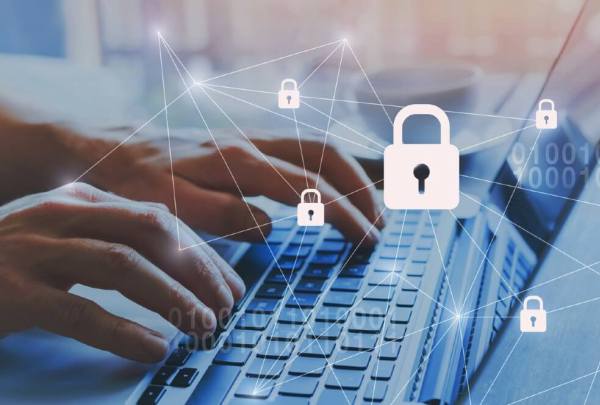Cybersecurity is of paramount importance in today’s era due to several reasons:
- Protection of Data: In the digital age, data is a valuable asset. Organizations store sensitive information such as customer data, financial records, and intellectual property electronically. Cybersecurity measures are essential to safeguard this data from theft, breaches, and unauthorized access.
- Privacy Concerns: Individuals share a vast amount of personal information online, from financial details to personal communications. Cybersecurity ensures that this information remains confidential and is not exploited by cybercriminals for malicious purposes.
- Prevention of Financial Loss: Cyberattacks can result in significant financial losses for businesses and individuals. Ransomware attacks, data breaches, and fraud can lead to direct monetary losses and reputational damage. Cybersecurity measures can help prevent these losses.
- National Security: Cyberattacks on critical infrastructure, government agencies, and military systems can have severe consequences for national security. Protecting these systems from cyber threats is essential to maintain the safety and security of a country.
- Global Connectivity: The interconnected nature of the internet means that a cyberattack in one part of the world can have ripple effects globally. Ensuring the security of digital systems and networks is crucial for global stability.
- Economic Impact: Cyberattacks can disrupt business operations, leading to downtime and lost productivity. This can have a negative impact on the economy as a whole. A strong cybersecurity posture can mitigate these risks.
- Protection from Cybercrime: Cybercrime is on the rise, with various forms of attacks targeting individuals and organizations. Cybersecurity measures such as antivirus software, firewalls, and intrusion detection systems help protect against these threats.
- Compliance and Regulations: Many industries and sectors are subject to cybersecurity regulations and compliance requirements. Failure to meet these standards can result in legal consequences. Cybersecurity is essential for adhering to these regulations.
- Technological Advancements: As technology evolves, so do cyber threats. The increasing use of IoT (Internet of Things), cloud computing, and AI opens up new attack vectors. Cybersecurity must adapt to these changes to remain effective.
- Trust and Reputation: Organizations that prioritize cybersecurity build trust with their customers and partners. A data breach or cyber incident can damage an organization’s reputation, and it may take years to rebuild trust.
- Cybersecurity Workforce: The demand for skilled cybersecurity professionals is growing rapidly as the threat landscape becomes more complex. Investing in cybersecurity education and training is vital to meet this demand and stay ahead of cyber threats.
In summary, cybersecurity is crucial in today’s era to protect data, privacy, financial assets, national security, and the global economy. It is an ongoing effort that requires constant vigilance and adaptation to counteract evolving cyber threats.




